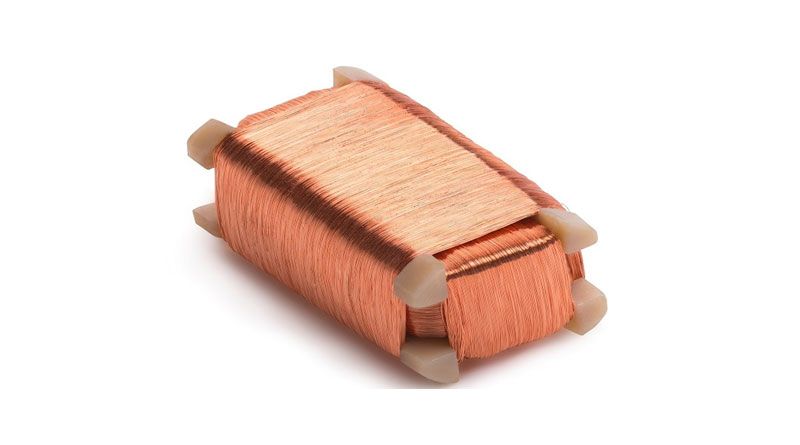The custom wire coil manufacturing process is not only about the coil manufacturing process but also the modern manufacturing process focuses on providing customer satisfaction through presenting different types of design. The manufacturing process of custom wire coil includes casting, soldering, gluing, wrapping, and equipment and tools for preparing finished products. In order to prepare the miniature coils for different industries, it is important to have the required expertise. Thus, modern manufacturers are focusing to make the wire coils maintaining the needs of the customers and effective quality.
What it takes the custom wire coil manufacturing process:
The manufacturing of the coil involves winding isolated wires around a core. In order to prepare ‘coreless’ coils, the withdrawal of cores occurs after the winding process. However, coreless coils are generally smaller and it has significant usage in vein insertion. The thickness of the wires reduces when the winding number reaches up to 400, 600, 1000, or even 2000. However, while the thickness of the wires decreases, it may require special machinery and expertise to work with thin isolated threads, otherwise, the coils can reach the isolation breakpoint of the wire.
As copper is a significant medium to conduct electricity, most coils rely on insulated copper in the manufacturing process. However, on the basis of the applications, it is possible to manufacture coils of different metals. On the other hand, Bifilar coils consist of two strands of twisted wires. As the two leads are parallel, this can lead to a decrease in the inductance. The bifilar wrapped coils are efficient to prepare higher sensitive devices.
While winding the isolated wires, induction coils are manufactured, there are many factors that can affect the custom wire coil manufacturing process such as-
- Winding miniature coils need very thin threads approximately from 58 AWG –61 AWG. The modern thin isolated thread can also be of 8 microns. In order to prepare devices where the size matters, for instance, in catheterization, miniature coils play a significant role.
- In order to prepare different miniaturization applications, the device designers should have a massive array of capabilities in the micro-coil winding services.
- Using Thermal Compression Bonding and other manufacturing processes, manufacturers in the modern-day, try to prepare custom coils and other devices.
Connecting ultra-fine wires:
Connecting different ultra-fine wires of the coils is not a simple task and to avoid heat damage, poor conductivity, isolation damage, and degraded connections, modern thermal compression bonding is more effective than conventional heat-based soldering.
The applications of micro-coil:
The micro custom wire coil has significant applications in the medical field such as-
- In order to prepare miniature implants to control, monitor, and transfer data.
- To manufacture implant batteries of wireless charging capabilities.
- To manufacture electrical charge input.
- In heat treatments and RF treatments to radiate energy.
- To manufacture the sensors in order to find the locations inside the body.
- In electromagnetic pulse treatments.
As there are several applications of the custom wire coils including the medical industry, in recent times, manufacturers are focusing on developing new ideas in the custom wire coil manufacturing process.

Namaste UI collaborates closely with clients to develop tailored guest posting strategies that align with their unique goals and target audiences. Their commitment to delivering high-quality, niche-specific content ensures that each guest post not only meets but exceeds the expectations of both clients and the hosting platforms. Connect with us on social media for the latest updates on guest posting trends, outreach strategies, and digital marketing tips. For any types of guest posting services, contact us on info[at]namasteui.com.

